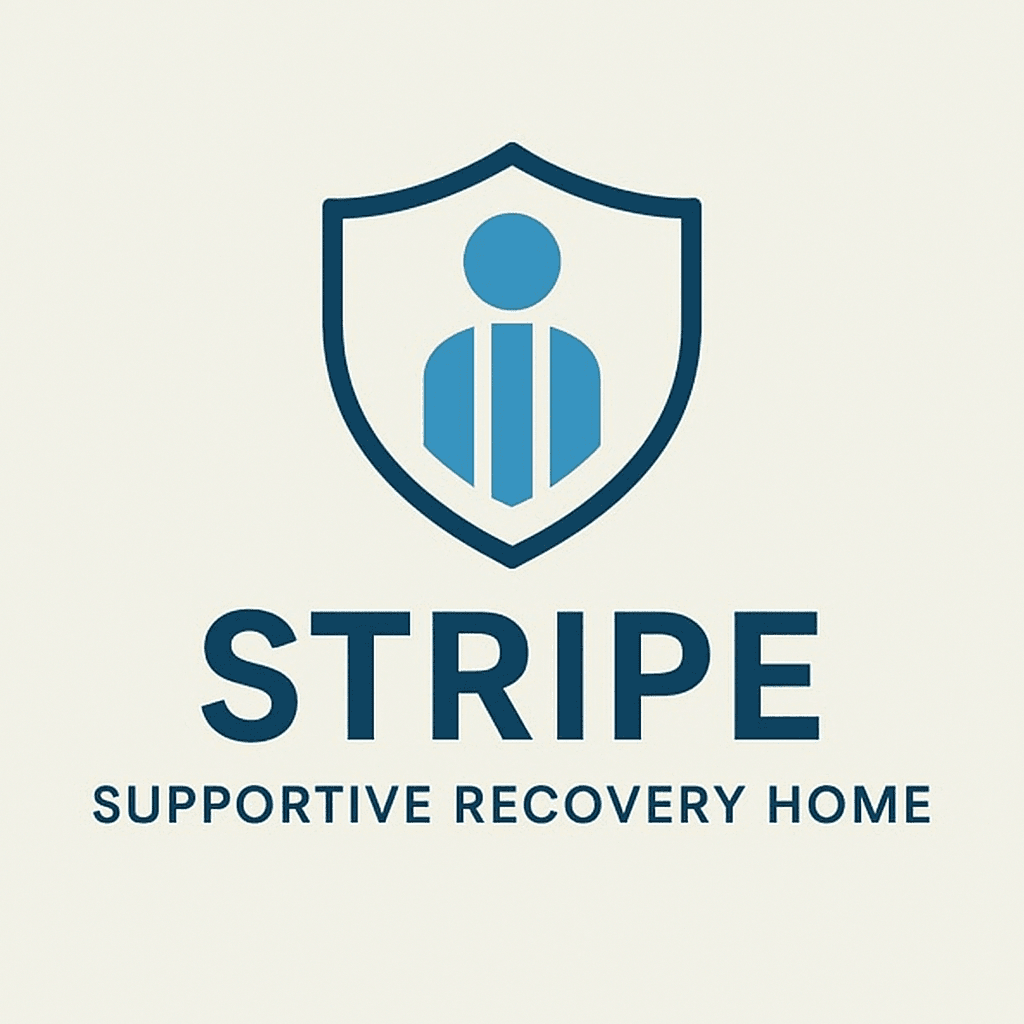The Benefits of Transitional Housing for Addiction Recovery
Understanding Transitional Housing
Transitional housing plays a crucial role in the journey of addiction recovery, providing a structured environment for individuals as they move from treatment facilities to independent living. These homes offer a bridge that helps residents regain stability, develop life skills, and integrate back into society. The supportive community and structured environment help reduce the risk of relapse, making it an essential component of long-term recovery.
Transitional housing typically involves shared living spaces where residents follow a set of rules and participate in communal activities. These homes often require residents to attend regular therapy sessions, participate in support groups, and contribute to household chores. This framework not only fosters a sense of responsibility but also encourages personal growth and accountability.

The Advantages of Structured Support
One of the primary benefits of transitional housing is the structured support it offers. Residents are surrounded by peers who understand their struggles and can provide empathy and encouragement. This sense of community is vital for individuals who may feel isolated during their recovery journey.
Moreover, transitional housing usually employs trained staff available to offer guidance and support. They help residents navigate challenges, develop coping strategies, and set realistic goals for their future. This professional support network ensures that residents have access to the resources they need to succeed.
Developing Life Skills
Transitional housing also focuses on equipping residents with essential life skills necessary for independent living. Skills such as budgeting, cooking, job searching, and time management are taught through workshops and daily activities. These skills empower residents to manage their lives effectively once they leave the program.
By participating in household responsibilities and decision-making, residents gain confidence in their abilities. This empowerment is crucial as it enhances self-esteem and prepares them for the challenges of living independently.

Relapse Prevention
Relapse prevention is a critical aspect of addiction recovery, and transitional housing provides an environment conducive to maintaining sobriety. The structured routine, peer support, and accountability measures help minimize triggers that could lead to relapse.
Residents often engage in regular group meetings where they can discuss their progress, share experiences, and receive feedback. This ongoing support reinforces their commitment to recovery and helps them stay focused on their goals.
Building a Supportive Network
Another significant benefit of transitional housing is the opportunity to build a strong support network. Residents form bonds with peers who are on similar recovery journeys, creating a sense of camaraderie and mutual understanding.
This network extends beyond the duration of their stay in transitional housing, providing long-term relationships that can be relied upon for support and encouragement. Having such a network is invaluable in maintaining sobriety and navigating life's challenges post-recovery.

Conclusion
Transitional housing is an essential step in the addiction recovery process, offering a supportive and structured environment that facilitates personal growth and independence. By focusing on life skills development, relapse prevention, and community building, these programs significantly enhance the chances of long-term sobriety.
For individuals emerging from treatment facilities, transitional housing offers a safe haven where they can rebuild their lives with dignity and hope. As they transition back into society, the skills and support they receive become crucial tools that empower them to thrive in a world beyond addiction.
